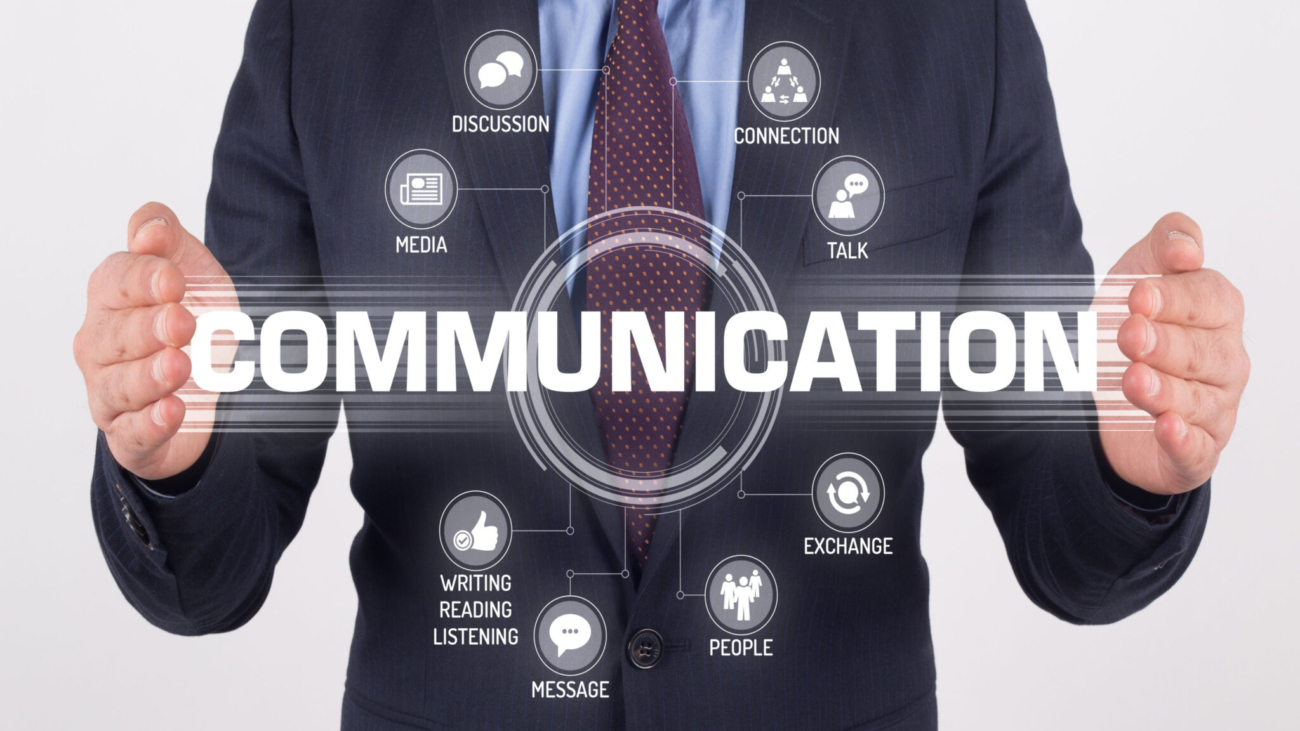What do you think makes the real estate industry resonate with people and why does it remain to be a permanent fixture of human society from the dawn of time until today?
The real estate industry fulfils an inherently human need as it is about the physical property because it is a people-centric endeavour that relies on the effectiveness of human communication that determines a favourable or negative reaction.
Real estate agents are burdened with the responsibility to help people purchase or sell their homes and a key determinant in the outcome is professional demeanour and client experience during the first few meetings between the client and the agent.
The bottom line is effective communication
Everything boils down to effective communication and is something that must be mastered by every real estate agent to ensure that they provide the best outcomes for each of their client’s real estate journeys.
Here are essential communication skills that real estate agents need to possess to succeed in their careers.
Active listening
This is a vital communication skill that is often ignored or neglected which should be inherent among real estate agents. The art of communication is not just limited to one telling others what they believe, know or think, but a two-way process that requires each side of the party to actively listen, understand and comprehend what the other party is communicating about.
Actively listening and paying careful attention that what clients are talking about will help agents understand and determine what a client actually needs.
Ask questions
It is also important for agents to express genuine interest to clients by asking well-intended questions, especially when trying to discuss their needs, preferences, and desires for their real estate journeys.
Never assume you know what is good for them or not because it could all be a wrong hunch and could end up incompatible with what they actually want or need.
Make sure to always ask open-ended questions so you may be able to accurately understand them, rather than ask questions answerable only with yes or no.
Write it down
It is important that you take notes and make the extra effort to send out written communication as well.
The pen is a powerful communication tool that helps with memory and unspoken communication that has its real value and allows both parties to be accurate with their wants, needs and preferences. It is a great way to remind agents of what transpired during a conversation and serves as a great documentation resource.
Also, use the paper to communicate to your clients such as providing updates via email or a correspondence letter to help them feel more valued and how important your relationship with them adds more value by going beyond expectations.
Non-verbal communication
Body language is important and something that can make or break people’s impressions during the first meeting and one that can help them feel confident with you as their real estate agent.
Recognising the various facial expressions, as well as how you stand and hand gestures, can make a lot of people understand how you are as an agent.
For instance, stand straight and look them in the eyes when talking to them, making sure that your shoulders are dropped and do not cross your hands in front of your chest as it expresses an attempt to block open communication.
Remember to recognize the different body cues and gestures so you know how to appropriately address your clients and make them comfortable talking and opening up with you.
Aside from these communication skills, it is important that you make the effort to communicate regularly with your clients even just to say hello or greet them on a special day or accomplishment so they will be able to value your professional relationship with them.

